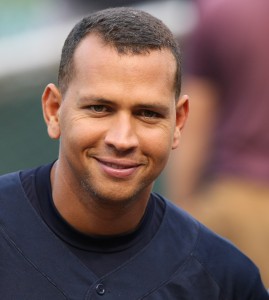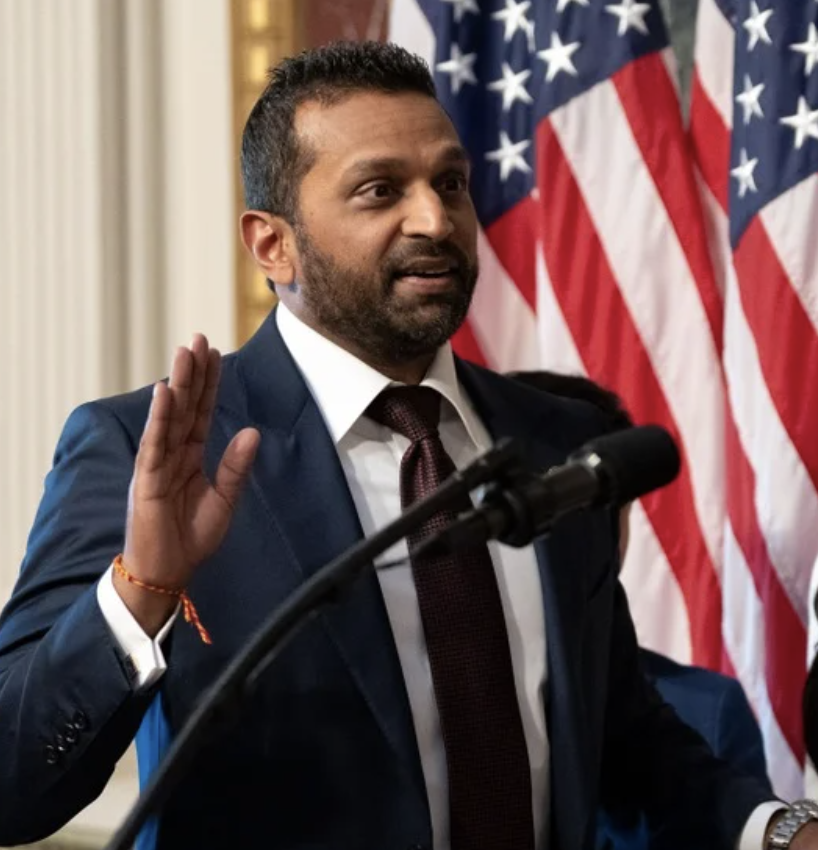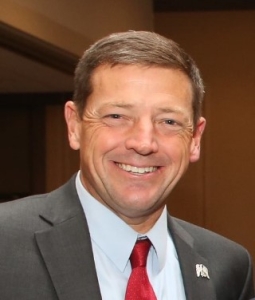
By moving to drop his civil lawsuits in federal court, Alex Rodriguez has waved the white flag and accepted his 162-game suspension.
Although independent arbitrator Fredric Horowitz reduced the original 211-game ban handed down by Major League Baseball, it is still the longest suspension ever in baseball for performance-enhancing drug use. In his lawsuits — against MLB, Bud Selig and the union — Rodriguez had contested how baseball had obtained the evidence, although Horowitz later wrote in his report that the evidence was “clear and convincing” A-Rod was in violation of baseball’s drug agreement.
Several sports commentators had sided with Rodriguez and said that he had been persecuted by MLB because baseball had used nefarious methods to obtain evidence: MLB paying for evidence or “bullying” witnesses.
Having spent over 30 years in the FBI investigating various violations of federal law, it wasn’t unusual to cut deals with unsavory individuals and co-conspirators to further an investigation. This might include paying confidential informants for information or persuading potential witnesses to agree to cooperate.
There’s an old adage that applies: “Conspiracies hatched in hell can’t have angels for witnesses.” In other words, you don’t get to pick witnesses, and they generally come with baggage that may lessen their credibility. The paradox is that Rodriguez actually chose the witnesses against him by doing business with them.
Anthony Bosch, the Biogenesis founder who testified that he supplied Rodriguez with PEDs, became baseball’s principal witness. MLB had a witness with diminished credibility, and in order to bolster their case, it was necessary to corroborate the witness’ statements. Fortunately MLB was able to obtain Biogenesis records that included transactions between Bosch and MLB players, including Rodriguez. In addition there were hundreds of text messages between Bosch and Rodriguez using rudimentary code names for various PEDs like “gummies” for testosterone lozenges.
MLB, to its credit, had already been aggressively pursuing the Biogenesis investigation using standard investigative techniques by the time the first news reports about the scandal surfaced. MLB first tried to get Biogenesis documents from the Miami New Times, the paper that broke the story on the Bosch-PED connection. Not surprisingly, the paper refused. Undeterred, MLB later purchased Biogenesis records.
Although I think it might have been difficult to get my FBI supervisors to agree to pay as much money for the Biogenesis records as MLB did (a reported $125,000), the FBI does often pay for information. MLB was also handicapped by not having alternative means to obtain the records. The FBI has the power to issue grand jury subpoenas and search warrants.
As for “bullying” witnesses, I would prefer to characterize it as persuading witnesses to cooperate. Again MLB did not have all the investigative tools available to them. In Operation Equine — a late ’80s, early ’90s FBI undercover steroid investigation — we did arrest a steroid dealer, released him and postponed prosecution in exchange for him agreeing to cooperate. This technique, sometimes referred to as “catch and release,” was how we got the cooperation of a dealer who not only agreed to identify his suppliers, but told us he had supplied PEDs to former Oakland A’s Bash Brothers Jose Canseco and Mark McGwire.
It certainly was our intent to intimidate the dealer in order to get information, but I wouldn’t characterize it as “bullying.” Ironically, it was this information that I passed on to MLB in 1994, warning them of their steroid problem. They didn’t act on that warning then, but they are fully engaged now.
It’s important to note that of the 14 players who were suspended because of their PED links with Biogenesis only one had tested positive for a PED — Ryan Braun. Braun had successfully challenged his positive test (in 2012) because of a technicality in the chain of custody protocol when his urine sample was collected. Braun ended up accepting a 65-game suspension last year. The other 12 players all accepted 50-game bans without appeal.
Other sports leagues and the NCAA should follow MLB’s lead, and not rely solely on testing to enforce anti-doping measures. MLB should be applauded for aggressively investigating the Biogenesis matter, and using all the legitimate investigative techniques necessary.





